
Budget Landmarks In Post-Liberalisation India
A look at some of the significant decisions since the introduction of economic reforms in 1991
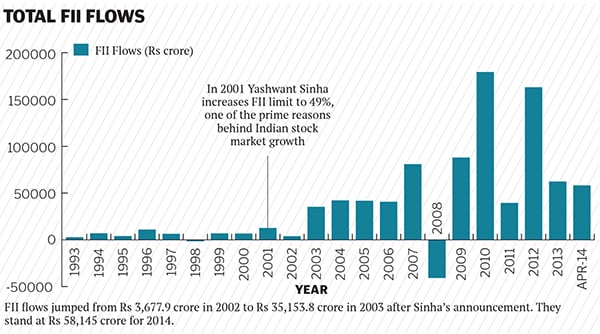
Increasing FDI limit (1991)
Minister of Finance Manmohan Singh opened India’s economy to the global market by allowing foreign direct investment of up to 51 percent in Indian companies. Earlier, FDI was allowed selectively and up to 40 percent. Since then, some of India’s most successful companies, from Vodafone to Maruti Suzuki, have benefitted from foreign owners being allowed more freedom to operate and innovate in India.

National Pension Scheme (2003)
Till 2003, the government offered assured benefits to retired employees. This scheme allowed retired individuals to decide where they wanted to invest their money. It offered tax benefits to employees (their contributions became eligible for income tax deduction of up to 10 percent of basic plus DA under Section 80C of the IT Act) and also reduced the government’s pension liabilities.
National Rural Employment Guarantee Act (2005)
This guaranteed at least 100 days of employment in a year to rural wage labourers. One of the government’s most ambitious projects, it is estimated to have created over 25 million jobs every year, and has raised rural wages by 20 to 30 percent. The programme, however, has been plagued by charges of corruption. The Supreme Court observed that funds allocated for projects remained unused, and money is siphoned off before reaching beneficiaries.
Agricultural Debt Waiver and Debt Relief Scheme (2008)
A Rs 60,000-crore loan waiver for 30 million small and marginal farmers, this scheme made a deep hole in the government’s pocket as the waiver amount kept increasing every year resulting in the widening of the fiscal deficit. Plus, the scheme excluded informal sources of loan, thus leaving out very small-scale farmers (who primarily borrow from moneylenders) from the ambit of its benefits.
The Companies Act (2013)
It sought to replace the Companies Act of 1956, which was the only piece of legislation governing Indian companies. Aimed at strengthening corporate governance, the 2013 Act rewrote regulations for company managements, board of directors and shareholders, encouraged transparency and self-regulation, and included new provisions for independent directors and auditors. Most notably, it made corporate social responsibility mandatory for all companies—a move hailed as a step forward in India’s development.
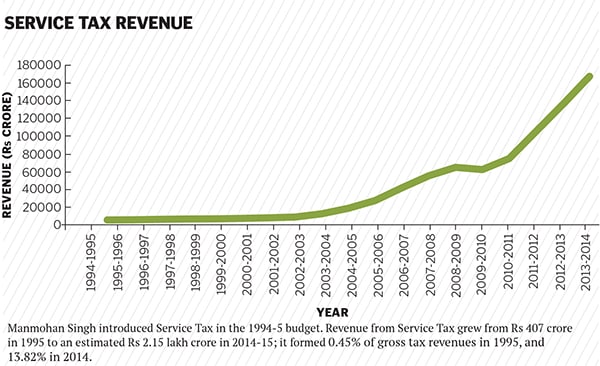
National Food Security Act (2013)
The Act proposes to give more than 75 percent of India’s population the right to highly-subsidised food grains (at least 5 kg every month at Rs 1 to Rs 3 per kg). This Act has been heavily criticised for the financial burden (around Rs 3,000 crore) it puts on state exchequers (states bear the cost of the subsidies), for bringing about an imbalance in the production of oilseeds and pulses, and increasing market prices of food grains.
Ministers of change
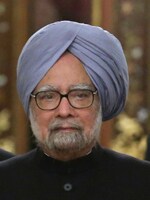
Manmohan Singh: Began his 1991 budget speech by quoting Victor Hugo: “No power on earth can stop an idea whose time has come.” He also quoted Urdu poet Iqbal: “Yunaan-o-Misr-o-Roma, sab mitt gaye jahaan say/Ab tak magar hai baqi, naam-o-nishan hamara [the past glory of Egypt and Rome are all gone from earth/But what continues to remain is us].” He was fully supported by Prime Minister PV Narasimha Rao, who was looking for an FM with international acclaim to take India out of its financial mess.
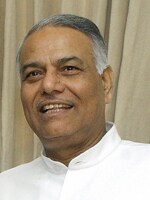
Yashwant Sinha: He was the first Minister of Finance to present the budget at 11 am, breaking the 53-year-old tradition of presenting it at 5 pm. Three of his budgets were presented against the backdrop of crises: The Pokhran nuclear tests in 1998, the Kargil war in 1999 and the Gujarat earthquake in 2001.
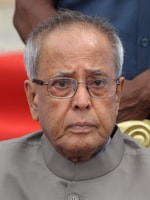
Pranab Mukherjee: It was a peculiar situation for Mukherjee to function as finance minister and play second fiddle to Manmohan Singh, whom he had appointed as RBI Governor in 1984 when Mukherjee himself was FM. When the veteran Congressman became India’s 13th President in 2012, it was a convenient transition for many. His stint as FM was not as impressive as his overall political innings.
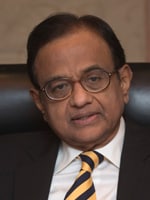
P Chidambaram: The chocolate, burger and potato chips loving finance minister might have presented India its “dream budget”, but his last stint as the country’s FM was criticised by many, including his predecessor, BJP’s Yashwant Sinha, who said, “I may have been the worst finance minister after 1991, but I did not commit fraud.”




